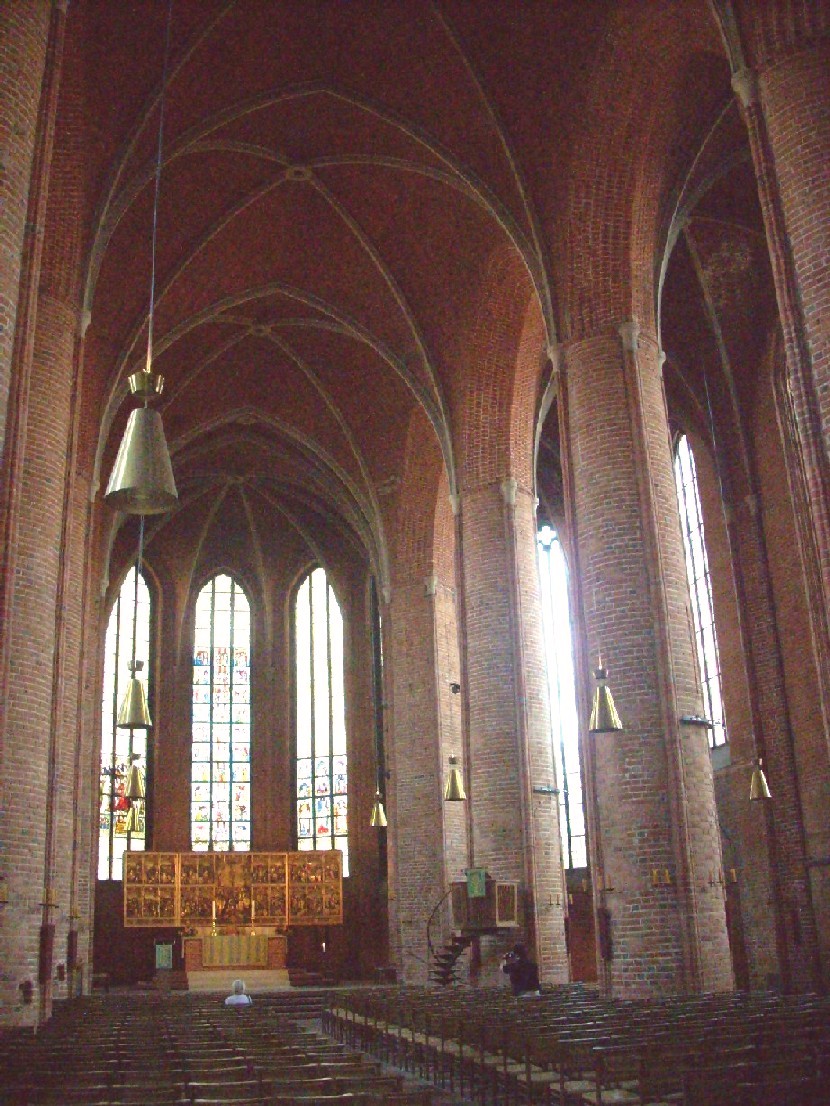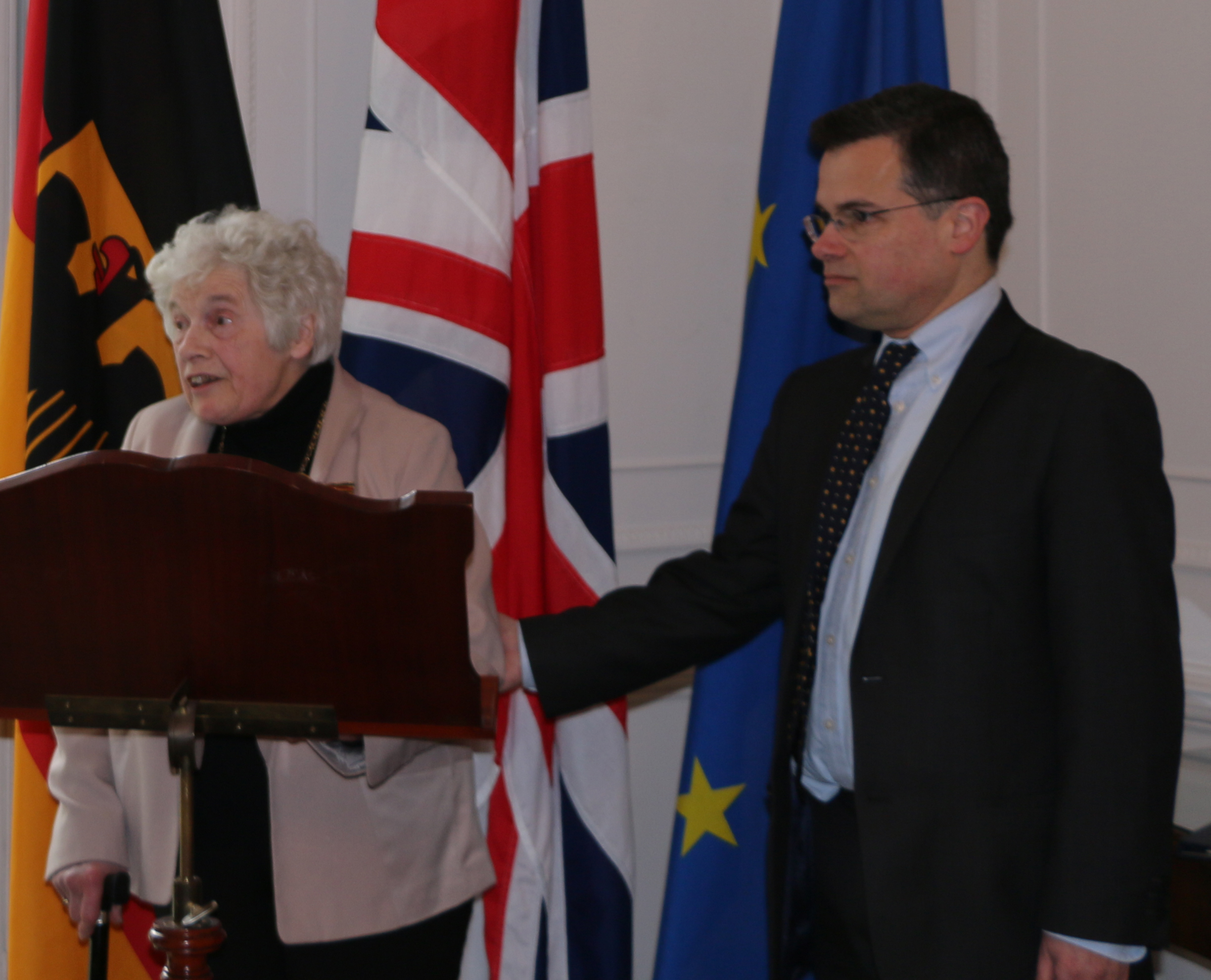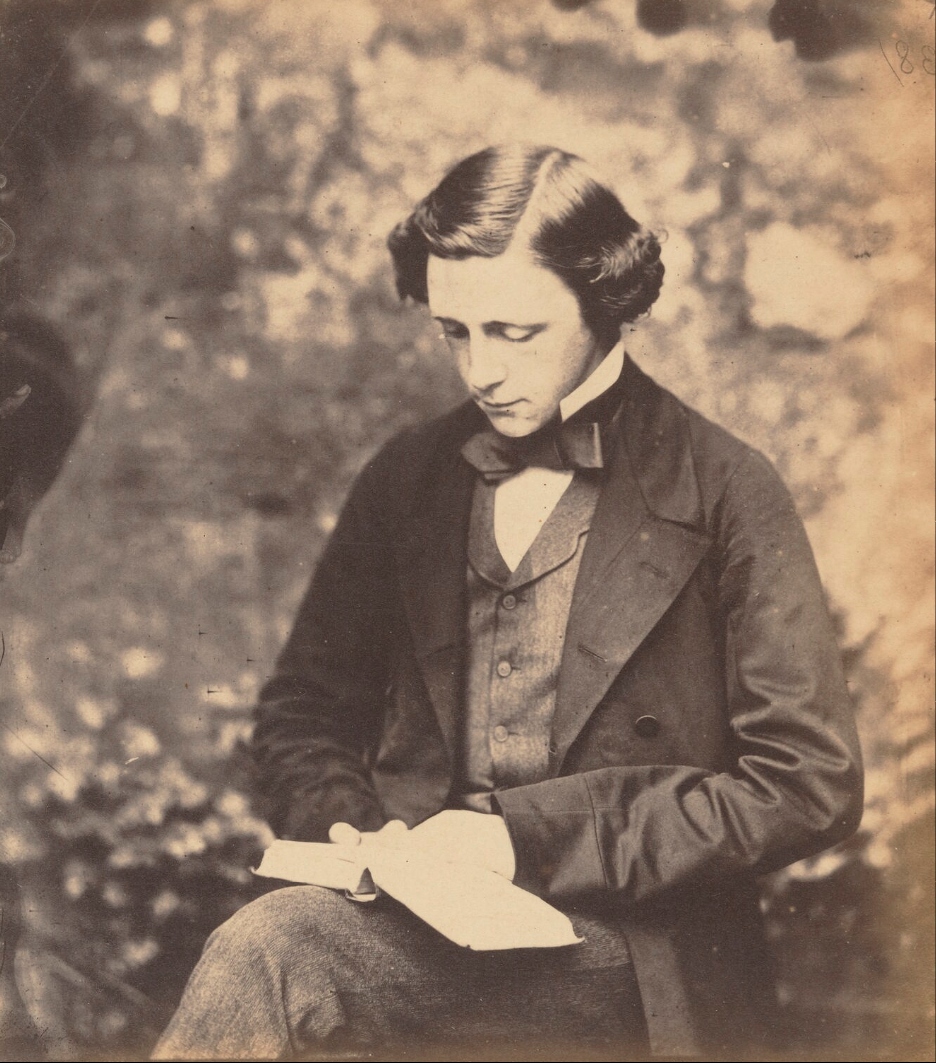|
Galgenlieder
''Galgenlieder'' () is a collection of poems by Christian Morgenstern. Following ten years of writing work, it was first published in March 1905 by Bruno Cassirer. Poems * Titelansage * Motto. Dem Kinde Im Manne * Versuch Einer Einleitung * Wie Die Galgenlieder Entstanden * Lass Die Molekuele Rasen * Bundeslied Der Galgenbrueder * Galgenbruders Lied an Sophie, Die Henkersmaid * Nein! * Das Gebet * Das Grosse Lalula * Der Zwoelf-Elf * Das Mondschaf * Lunovis * Der Rabe Ralf * Fisches Nachtgesang * Galgenbruders Fruehlingslied * Das Hemmed * Das Problem * Neue Bildungen, Der Natur Vorgeschlagen * Die Trichter * Der Tanz * Das Knie * Der Seufzer * Bim, Bam, Bum * Das Aesthetische Wiesel * Der Schaukelstuhl Auf Der Verlassenen Terrasse * Die Beichte Des Wurms * Das Weiblein Mit Der Kunkel * Die Mitternachtsmaus * Himmel Und Erde * Der Walfafisch Oder Das ueberwasser * Mondendinge * Die Schildkroete * Der Hecht * Der Nachtschelm Und Das Siebenschwein * Die Beiden Esel * Der Steinochs * T ... [...More Info...] [...Related Items...] OR: [Wikipedia] [Google] [Baidu] |
Christian Morgenstern
Christian Otto Josef Wolfgang Morgenstern (6 May 1871 – 31 March 1914) was a German author and poet from Munich. Morgenstern married Margareta Gosebruch von Liechtenstern on 7 March 1910. He worked for a while as a journalist in Berlin, but spent much of his life traveling through Germany, Switzerland, and Italy, primarily in a vain attempt to recover his health. His travels, though they failed to restore him to health, allowed him to meet many of the foremost literary and philosophical figures of his time in central Europe. Morgenstern's poetry, much of which was inspired by English literary nonsense, is immensely popular, even though he enjoyed very little success during his lifetime. He made fun of scholasticism, e.g. literary criticism in "Drei Hasen", grammar in "Der Werwolf", narrow-mindedness in "Der Gaul", and symbolism in "Der Wasseresel". In "Scholastikerprobleme" he discussed how many angels could sit on a needle. Still many Germans know some of his poems ... [...More Info...] [...Related Items...] OR: [Wikipedia] [Google] [Baidu] |
Sofia Gubaidulina
Sofia Asgatovna Gubaidulina (russian: Софи́я Асгáтовна Губaйду́лина, link=no , tt-Cyrl, София Әсгать кызы Гобәйдуллина; born 24 October 1931) is a Soviet-Russian composer and an established international figure. Major orchestras around the world have commissioned and performed her works. She is considered one of the foremost Russian composers of the second half of the 20th century. Family Gubaidulina was born in Chistopol, Tatar Autonomous Soviet Socialist Republic (now the Republic of Tatarstan), Russian SFSR, to an ethnically mixed family of a Volga Tatar father and an ethnic Russian mother. Her father, Asgat Masgudovich Gubaidulin, was an engineer and her mother, Fedosiya Fyodorovna (née Yelkhova), was a teacher. After discovering music at the age of 5, Gubaidulina immersed herself in ideas of composition. While studying at the Children’s Music School with Ruvim Poliakov, Gubaidulina discovered spiritual ideas and fou ... [...More Info...] [...Related Items...] OR: [Wikipedia] [Google] [Baidu] |
Siegfried Strohbach
Siegfried Strohbach (27 November 1929 – 11 July 2019) was a German composer and conductor. He founded and directed choirs and the vocal ensemble Collegium Cantorum and is notable for the composition of choral music. He was a conductor of major theaters of Lower Saxony and a professor of the Musikhochschule Hannover as well as a composer. Biography Siegfried Strohbach began having piano lessons at the age of five. From 1939 to 1945, he was a student of the Musisches Gymnasium (high school with music as a main course) in Frankfurt with a major in piano. He studied composition with its founder and director Kurt Thomas. From 1946 to 1949 he continued his studies in composition and conducting with Thomas privately, and studied the piano with August Leopolder. From 1947 to 1949 he worked as a Korrepetitor (coach) at the Oper Frankfurt. In 1949 he moved to Hanover, where he studied singing with Paul Gümmer at the Landesmusikschule. As a choral conductor, he took under his wing se ... [...More Info...] [...Related Items...] OR: [Wikipedia] [Google] [Baidu] |
Vincent Bouchot
Vincent Bouchot (born 1966 in Toulouse) is a French composer and musicologist. For many years, he sang as baritone with the Ensemble Clément Janequin. He has provided incidental music to several cabarets and theatre productions including ''Ubu Roi'' by Alfred Jarry at the Opéra-Comique/ Péniche Opéra in 2002.''Les Inrockuptibles'', 333–338, 2002 He produced a full opera, ''Brèves de comptoir'', in 2005. Recorded works include: * a modern take on ''Les Cris de Paris'' on the Ensemble Clément Janequin's album ''L'écrit du Cri'', 2009 * five Galgenlieder "Mondendinge" ; "Der Hecht" ; "Die Mitternachtsmaus" ; "Das Wasser" ; "Galgenkindes Wiegenlied", sung by Sandrine Piau on the album ''Après un rêve,'' 2011 * mélodie ''Le Souvenir de Jean Quéval, (1913–1990),'' composed for Françoise Pollet, 2003 Published works include: * Vincent Bouchot, "De la musique dans l'oeuvre de Georges Perec Georges Perec (; 7 March 1936 – 3 March 1982) was a French novelist, fil ... [...More Info...] [...Related Items...] OR: [Wikipedia] [Google] [Baidu] |
Bruno Cassirer
Bruno Cassirer (12 December 1872 – 29 October 1941Barbara Falk: ''No Other Home: an Anglo-Jewish family in Australia 1833–1987'', Penguin Books, Melbourne, 1988.) was a publisher and gallery owner in Berlin who had a considerable influence on the cultural life of the city. Biography He was born on 12 December 1872 in Breslau, the second child of Jewish parents, Julius and Julcher Cassirer. Julius was a partner, with two of Bruno's cousins, in a cable factory. Julius completed his final school examination in 1890 at the Leibniz-Gymnasium. In 1898, together with his cousin Paul Cassirer, he opened a gallery and bookshop at 35 Viktoriastraße near Kemperplatz, Berlin. On 2 May 1898 the artists' association Berlin Secession was established with Paul and Bruno as secretaries. For three years they acquainted the art and literature scenes of Berlin with the newest waves from Belgian, English, French and Russian culture. In 1901, Bruno and Paul divided the business into separate pa ... [...More Info...] [...Related Items...] OR: [Wikipedia] [Google] [Baidu] |
Anthea Bell
Anthea Bell (10 May 1936 – 18 October 2018) was an English translator of literary works, including children's literature, from French, German and Danish. These include '' The Castle'' by Franz Kafka, ''Austerlitz'' by W. G. Sebald, the '' Inkworld'' trilogy by Cornelia Funke and the French ''Asterix'' comics with co-translator Derek Hockridge. Biography Bell was born in Suffolk on 10 May 1936. According to her own accounts, she picked up lateral thinking abilities essential in a translator from her father Adrian Bell, Suffolk author and the first ''Times'' cryptic crossword setter. Her mother, Marjorie Bell (née Gibson), was a home maker. The couple's son, Bell's brother, Martin, is a former BBC correspondent who was an independent Member of Parliament for one parliamentary term. After attending a boarding school in Bournemouth, she read English at Somerville College, Oxford. She was married to the publisher and writer Antony Kamm from 1957 to 1973; the couple had two sons ... [...More Info...] [...Related Items...] OR: [Wikipedia] [Google] [Baidu] |
Jerome Lettvin
Jerome Ysroael Lettvin (February 23, 1920 – April 23, 2011), often known as Jerry Lettvin, was an American cognitive scientist, and Professor of Electrical and Bioengineering and Communications Physiology at the Massachusetts Institute of Technology (MIT). He is best known as the lead author of the paper, "What the Frog's Eye Tells the Frog's Brain" (1959), one of the most cited papers in the Science Citation Index. He wrote it along with Humberto Maturana, Warren McCulloch and Walter Pitts, and in the paper they gave special thanks and mention to Oliver Selfridge at MIT. Lettvin carried out neurophysiological studies in the spinal cord, made the first demonstration of "feature detectors" in the visual system, and studied information processing in the terminal branches of single axons. Around 1969, he originated the term " grandmother cell" to illustrate the logical inconsistency of the concept. Lettvin was also the author of many published articles on subjects varying from ne ... [...More Info...] [...Related Items...] OR: [Wikipedia] [Google] [Baidu] |
Lewis Carroll
Charles Lutwidge Dodgson (; 27 January 1832 – 14 January 1898), better known by his pen name Lewis Carroll, was an English author, poet and mathematician. His most notable works are ''Alice's Adventures in Wonderland'' (1865) and its sequel ''Through the Looking-Glass'' (1871). He was noted for his facility with word play, logic, and fantasy. His poems ''Jabberwocky'' (1871) and ''The Hunting of the Snark'' (1876) are classified in the genre of literary nonsense. Carroll came from a family of high-church Anglicanism, Anglicans, and developed a long relationship with Christ Church, Oxford, where he lived for most of his life as a scholar and teacher. Alice Liddell, the daughter of Christ Church's dean Henry Liddell, is widely identified as the original inspiration for ''Alice in Wonderland'', though Carroll always denied this. An avid puzzler, Carroll created the word ladder puzzle (which he then called "Doublets"), which he published in his weekly column for ''Vanity Fair ( ... [...More Info...] [...Related Items...] OR: [Wikipedia] [Google] [Baidu] |
Macron (diacritic)
A macron () is a diacritical mark: it is a straight bar placed above a letter, usually a vowel. Its name derives from Ancient Greek (''makrón'') "long", since it was originally used to mark long or heavy syllables in Greco-Roman metrics. It now more often marks a long vowel. In the International Phonetic Alphabet, the macron is used to indicate a mid-tone; the sign for a long vowel is instead a modified triangular colon . The opposite is the breve , which marks a short or light syllable or a short vowel. Uses Syllable weight In Greco-Roman metrics and in the description of the metrics of other literatures, the macron was introduced and is still widely used in dictionaries and educational materials to mark a long (heavy) syllable. Even relatively recent classical Greek and Latin dictionaries are still concerned with indicating only the length (weight) of syllables; that is why most still do not indicate the length of vowels in syllables that are otherwise metrically d ... [...More Info...] [...Related Items...] OR: [Wikipedia] [Google] [Baidu] |
Breve
A breve (, less often , neuter form of the Latin "short, brief") is the diacritic mark ˘, shaped like the bottom half of a circle. As used in Ancient Greek, it is also called , . It resembles the caron (the wedge or in Czech, in Slovak) but is rounded, in contrast to the angular tip of the caron. In many forms of Latin, ˘ is used for a shorter, softer variant of a vowel, such as "Ĭ", where the sound is nearly identical to the English /i/. (See: Latin IPA) Length The breve sign indicates a short vowel, as opposed to the macron ¯, which indicates long vowels, in academic transcription. It is often used that way in dictionaries and textbooks of Latin, Ancient Greek, Tuareg and other languages. However, there is a frequent convention of indicating only the long vowels. It is then understood that a vowel with no macron is short. If the vowel length is unknown, a breve as well as a macron are used in historical linguistics (Ā̆ ā̆ Ē̆ ē̆ Ī̆ ī̆ Ō̆ ... [...More Info...] [...Related Items...] OR: [Wikipedia] [Google] [Baidu] |
Hanns Eisler
Hanns Eisler (6 July 1898 – 6 September 1962) was an Austrian composer (his father was Austrian, and Eisler fought in a Hungarian regiment in World War I). He is best known for composing the national anthem of East Germany, for his long artistic association with Bertolt Brecht, and for the scores he wrote for films. The Hochschule für Musik "Hanns Eisler" is named after him. Family background Johannes Eisler was born in Leipzig in Saxony, the son of Rudolf Eisler, a professor of philosophy, and Marie Ida Fischer. His father was an atheist of Jewish origin and his mother was Lutheran. In 1901, the family moved to Vienna. His brother, Gerhart, was a Communist journalist, and his sister, Elfriede, was a leader of the German Communist Party in the mid-1920s. After emigrating to America, she turned into an anti-Stalinist, writing books against her former political affiliation, and even testifying against her brothers before the House Un-American Activities Committee. At age 14 Eis ... [...More Info...] [...Related Items...] OR: [Wikipedia] [Google] [Baidu] |
Anders Brødsgaard
Anders Brødsgaard (born 1955) is a Danish composer. He studied piano at the Carl Nielsen Academy of Music in Odense from 1974, then from 1986-1990 studied composition at the Royal Danish Academy of Music in Århus, under Karl Aage Rasmussen, Per Nørgård and Hans Abrahamsen. He also studied with Sven David Sandstrøm and Edison Denisov. Brødsgaard teaches music theory at the Royal Danish Academy of Music in Copenhagen Copenhagen ( or .; da, København ) is the capital and most populous city of Denmark, with a proper population of around 815.000 in the last quarter of 2022; and some 1.370,000 in the urban area; and the wider Copenhagen metropolitan ar ... and the Carl Nielsen Academy of Music in Odense.John David White, Jean Christensen New Music of the Nordic Countries - Page 97 1576470199 - 2002 Anders Br0dsgaard (1955- ) A composer who has coursed through several phases in his professional development, ... "The temple bells/ die away/ The scent of the flowers/ r ... [...More Info...] [...Related Items...] OR: [Wikipedia] [Google] [Baidu] |





